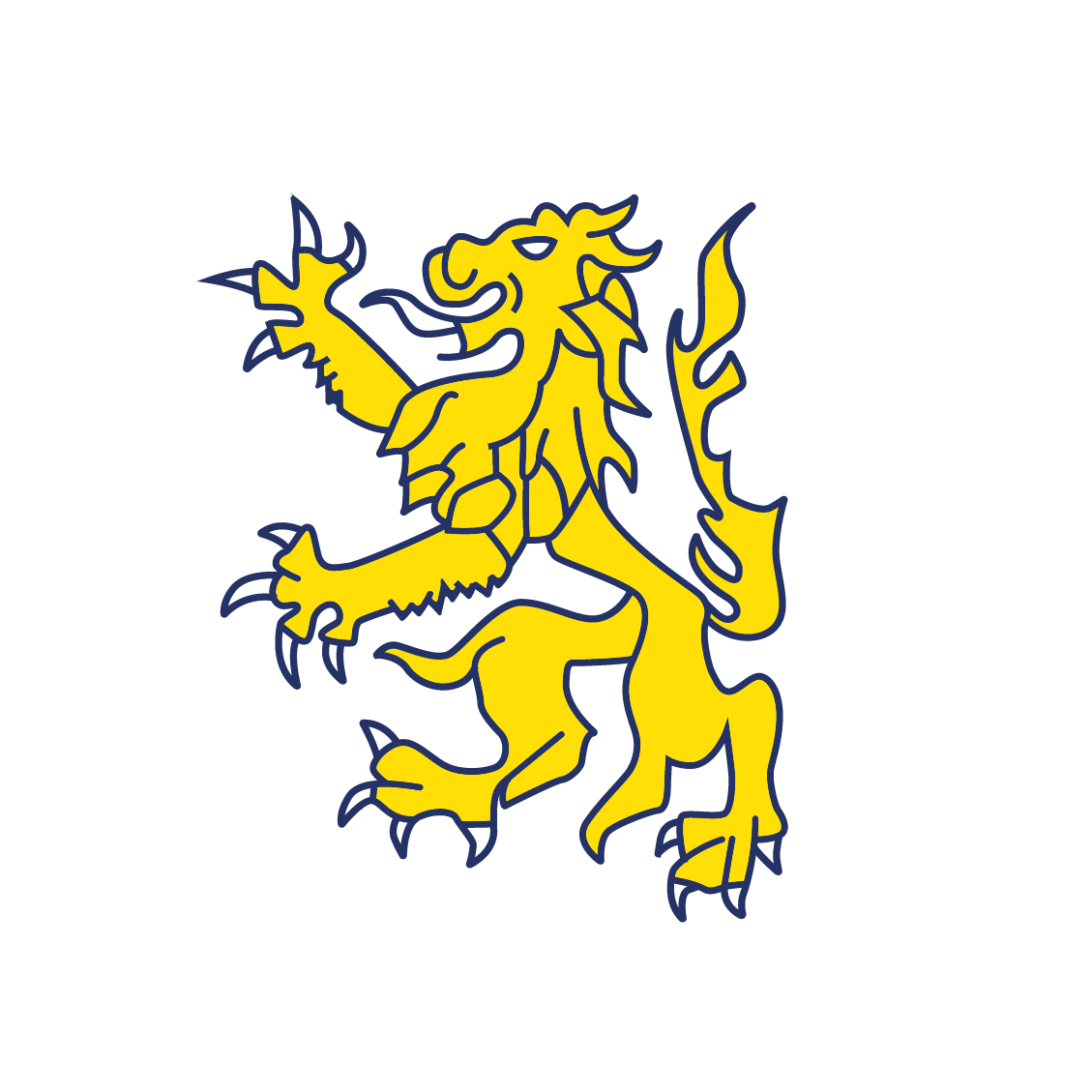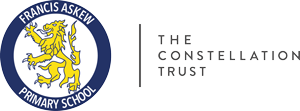
Reading – curriculum information
Intent
Reading has an important place in education and in society. A high-quality education in reading will direct pupils to speak and write fluently so that they can communicate their ideas and emotions to others; being a fluent reader also allows others to communicate with them. At Francis Askew, we believe that through reading, pupils have the chance to develop culturally, emotionally, intellectually, socially and spiritually. Literature plays a key role in such development. By teaching reading, we intend to impart pupils with the knowledge, skills, understanding and attitudes they need in order to reach their potential as individuals and become literate members of society.
At Francis Askew Primary School, the teaching of the reading curriculum has been carefully considered to enable our pupils to become fluent, confident and accurate readers. At Francis Askew, we follow the phonics Read, Write, Inc programme in EYFS and KS1 until the children have the skills and fluency to access age-appropriate texts. Using the National Curriculum, alongside a thorough understanding of our school’s context, our subject leaders have carefully worked to create a Subject Progression Document where objectives for each year group are progressively mapped out towards clearly defined end points. This ensures our pupils are given the acquired skills and knowledge to further their education journey into KS3 and life beyond the classroom.
Our aim is to provide inclusive and aspirational learning experiences where pupils thrive and build the cultural capital they need to make ambitious choices about their own futures, overcoming any barriers. In Reading, this is promoted through teaching significant authors each half term, author visits, taking part in the James Reckitt Hull children’s book awards, and making links with the library service. Alongside this, we ensure that staff continue to develop their knowledge of high quality children’s literature so that they can promote and encourage this within their classes. These activities allow children to gain relevant, concrete experiences in areas they might not ordinarily have the opportunity to encounter.
Children will develop a deep understanding of key knowledge and skills in reading as they move through our Reading curriculum. Opportunities to revisit and develop knowledge and skills are planned out carefully as the children move through the school to ensure that they are firmly embedded within their long-term memory.
Children develop their understanding of key knowledge and skills in reading through two main dimensions:-
- Word Reading
- Comprehension (understanding) – both listening and reading
– Vocabulary
– Inference
– Prediction
– Explain
– Retrieval
– Summarise/sequence
– Poetry and performance
These dimensions complement work carried out across the school reinforcing our 6 broad curriculum drivers (see overall Curriculum Intent). The expectation is that, by the end of primary School, children have a deep understanding of these domains so that they can continue to build on their skills as readers as they enter KS3.
Children will also develop their understanding of identified second order concepts through the reading curriculum. These concepts branch across subjects, creating horizontal links across our whole curriculum. They aim to develop flexible knowledge and skills that children can apply to multiple curriculum areas. In reading children will be develop their understanding of the following second order concepts:-
- Similarity and difference: (making comparisons between authors, text types, genres, authorial intent)
- Cause and consequence: (development of plot within texts)
- Continuity and change: (development of characters through narrative, understanding the development of plot)
- Significance: (significant events within texts, significant authors)
- Written and oral expression: (Using terminology, evaluation, description, recall, objectivity, explaining, describing, presenting and interpreting)
End points:
By the end of EYFS children will:
- Be able to say a sound for each letter in the alphabet and at least 10 digraphs.
- Be able to read words consistent with their phonic knowledge by sound-blending.
- Be able to read aloud simple sentences and books that are consistent with their phonic knowledge, including some common exception words.
- Demonstrate understanding of what has been read to them by retelling stories and narratives using their own words and recently introduced vocabulary.
- Be able to anticipate – where appropriate – key events in stories, and use and understand recently introduced vocabulary during discussions about stories, non-fiction, rhymes and poems and during role-play.
By the end of Key Stage 1 children will:
- Be able to read books written at an age-appropriate interest level.
- Be able to read books of an appropriate level accurately and at a speed that is sufficient for them to focus on understanding what they read rather than on decoding individual words.
- Be able to decode most new words outside their spoken vocabulary, making a good approximation to the word’s pronunciation.
- Be able to use relevant strategies to build their vocabulary and develop pleasure in reading and motivation to read.
- Understand both the books that they can already read accurately and fluently, and those that they listen to.
- Be able to participate in discussions about books, poems and other works, taking turns and listening to what others say.
By the end of Key Stage 2 children will:
- Be able to read in a sufficiently fluent and effortless manner so that they can manage the general demands of the curriculum in year 7. They will be able to apply this across all subjects, not just in English, alongside the need to learn subject-specific vocabulary.
- Understand nuances in vocabulary choice and age-appropriate, academic vocabulary.
- Demonstrate a positive attitude to reading, reading widely and often, for both pleasure and information.
- Understand what they read and discuss and evaluate how authors use language, including figurative language, considering the impact on the reader, and comparing characters, settings, themes and other aspects of what they read.
- Be able to distinguish between statements of fact and opinion and apply the skills of information retrieval across different areas of the curriculum.
- Be able to take part in discussion about books that are read to them and those they can read for themselves, building on their own and others’ ideas and challenging views courteously.
- Be able to explain and discuss their understanding of what they have read, providing reasoned justifications for their views.
Implementation
At Francis Askew, our Reading curriculum is carefully mapped out into a long-term plan. This outlines when key knowledge and skills will be taught and revisited and shows how this progressively leads towards children achieving our identified Reading curriculum end points. The long-term plan also enables links between subjects to be identified and carefully planned for to support children’s retention of knowledge and skills.
Early reading and phonics are taught following the Read Write Inc (RWI) phonics programme.
After exiting the RWI programme, short term planning in is informed by the subject’s long-term plan and Subject Progression Document. Lesson objectives are clear and sequenced so that outcomes are secure and meaningful.
All children will have access to the Reading curriculum with work being tailored appropriately for children with SEND – modifying end points so that they are appropriate but remain aspirational. Any child working below their age-related expectation, will receive a tailored curriculum with personalised objectives. This will enable all children to build the skills and knowledge needed to bridge the gap between themselves and their peers enabling them to reach their full potential.
The development of children’s oracy is also given a high profile and is promoted through the use of subject specific terminology and vocabulary needed in reading. When discussing, debating and presenting new knowledge learned within our curriculum, children will be directed to specific and progressive vocabulary.
A typical teaching sequence in reading will cover the following aspects. The order and areas of focus will be adapted to suit the text being taught:-
- Background knowledge
- Comprehension monitoring
- Inference
- Text Structure
- Vocabulary
- Opportunities for close and extended reading as well as fluency practise
At the beginning of each unit and throughout, children revisit prior learning and link this to new concepts being taught. Additionally, at the end of a learning sequence, children reflect on their new learning and skills and there is opportunity for further teaching when knowledge or skills have not been retained.
Impact
A wide range of strategies are used to measure the impact of our reading curriculum. Our teaching sequences allow for regular low stakes assessments of how well children are retaining key knowledge and how well they can apply the knowledge and skills learned.
Formative assessments are carried out regularly by teachers during and after each lesson, which inform future planning. Where learning is not secure, additional learning takes place to address this. Additionally, summative assessments are carried out each term by using an internal assessment tool. As a result of these assessment tools, children’s misconceptions or gaps in subject knowledge and skills are addressed and additional teaching and support is provided.
Our subject leaders also monitor the effectiveness of the reading curriculum through carrying out regular monitoring evaluations. These evaluations are quality assured by the Curriculum Lead, Senior Leadership and Governors.
The effectiveness of reading is also monitored through pupil and parental voice throughout the course of the year.
Further information
What is Read Write Inc? Click this link for more information.
Help your child to sound out words when learning to read….
